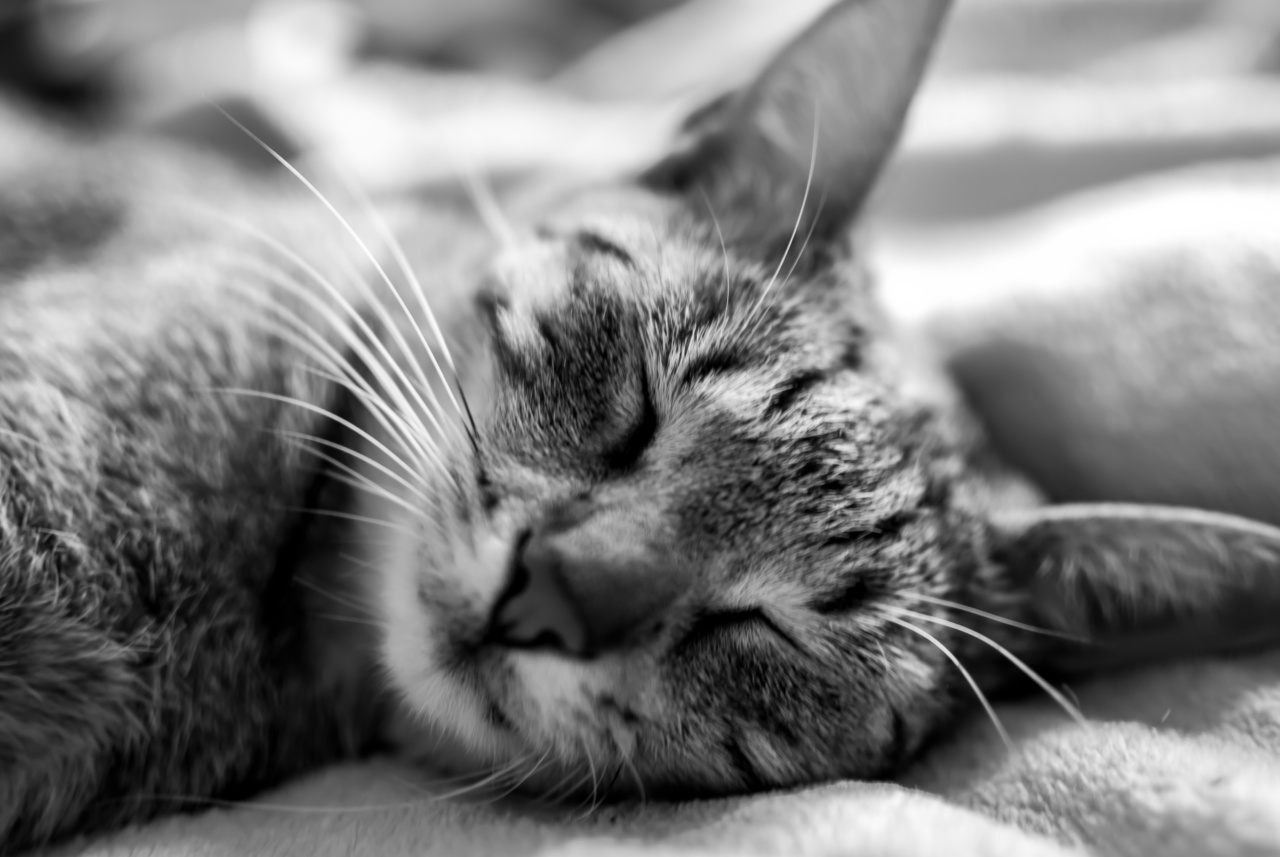Cats are lovely creatures and they are known for their self-grooming nature. However, they still need human help for proper hair care. A healthy and shiny coat not only enhances their beauty, but it also indicates their overall health.
Here are some tips to help you take care of your cat’s hair:.
1. Brush your cat’s hair regularly
Regular brushing helps remove loose hair from your cat’s coat and prevents mats from forming. Brushing stimulates the skin and promotes blood circulation.
Long-haired cats should be brushed daily, while short-haired cats need to be brushed at least once a week.
2. Use the right brush
Using the right brush is important to prevent damaging your cat’s hair. For example, a metal comb is best for long-haired cats, while a rubber brush is better for short-haired cats. A slicker brush is also great for removing tangles and mats.
3. Bathe your cat occasionally
Cats are naturally clean animals and they do not require frequent bathing. However, occasional baths can help maintain their shiny coat and prevent skin problems.
Use a mild shampoo specifically designed for cats and rinse thoroughly to prevent skin irritation.
4. Groom your cat’s nails
Long nails can cause serious damage to your cat’s coat, so it’s important to trim them regularly. Use cat-specific nail clippers and avoid cutting the quick, which is the pink part of the nail that contains blood vessels.
5. Feed your cat a healthy diet
A healthy diet is essential for your cat’s overall health, including their hair. Feed your cat high-quality cat food that meets their nutritional needs. Foods rich in omega-3 fatty acids can help improve the quality of their coat.
6. Provide fresh water
Drinking plenty of water is important for your cat’s overall health and hair. Ensure that your cat has access to fresh, clean water at all times. Dehydration can cause a dry and dull coat.
7. Check for fleas and ticks
Fleas and ticks are common parasites that can damage your cat’s coat and cause skin irritation. Use flea and tick preventive products and check your cat regularly for these pests.
8. Regular veterinary check-ups
Regular veterinary check-ups are important for your cat’s overall health, including their hair. Your veterinarian can check for any underlying health problems that may be affecting your cat’s coat and recommend appropriate treatments.
9. Avoid over-bathing
Over-bathing your cat can strip their coat of its natural oils, leading to dryness and irritation. Only bathe your cat when necessary, and avoid using harsh grooming products that can cause skin problems.
10. Create a stress-free environment
Stress can affect your cat’s overall health, including their hair. Create a stress-free environment for your cat by providing them with a comfortable and safe space, regular playtime, and plenty of love and attention.





























